Hybrid Multicloud - The De Facto Industry Standard
By MYBRANDBOOK

Mitish Chitnavis
Chief Technology Officer - iValue Group
In 2019, the world generated 4.4 zettabytes of data. In one year, it increased tenfold to 44 zettabytes, and by 2025, it is expected to hit 200 zettabytes.
We are truly in the midst of a data explosion, and a surge in organizational data, through factors like digitization and the adoption of data-heavy tech like AI, ML, and IoT. Tech spending in India is projected to outpace economic growth by a factor of two, driven by the need for stronger digital capabilities, according to a recent IDC survey. Therefore, adding flexibility and scalability to legacy systems has become the need of the hour for data-driven organizations.
Cloud computing has become a popular option in recent times. Over 60% of all corporate data is already in the cloud, and half of the 200 zettabytes of global data to be generated by next year is expected to reside there. Yet, it is not without its risks. 45% of all breaches are cloud-based, as organizations struggle to get acclimated with various providers.
Moreover, there is a notion that legacy mainframe systems have become outdated in today’s dynamic environment. On the contrary, they have kept pace and continue to drive a significant portion of mission-critical workloads for big businesses.
Therefore, moving forward, the sensible approach for organizations is to maintain the best aspects of the systems they have built over time and incorporate cloud services where and when it makes sense in their data landscape.
A recent Enterprise Cloud Index survey by Nutanix found that hybrid multicloud infrastructure deployments are fast becoming the de facto standard, with 90% of respondents taking a ‘cloud smart’ approach & leveraging the best environment for their applications, whether it is a data centre, the cloud, or the edge.
So, what is a hybrid multicloud? Unlike the many complicated terms and acronyms floating around in the data-driven world, this is relatively simple if you break it down.
Hybrid —> Something composed of multiple other things
+
Multicloud —> Using more than one cloud computing service
=
Hybrid Multicloud —> An IT infrastructure that uses a mix of on-premises systems and private/public cloud from multiple providers
It is quickly becoming an executive priority, with nearly half of the respondents in Nutanix’s ECI noting that implementing hybrid IT is a top priority for their CIO. The move is already on, with 95% of organizations moving applications from one environment to another over the past year, with security & innovation being the top drivers for this.
In fact, there are several drivers behind companies increasingly adopting this technology:
Yet, the adoption process is not without its set of challenges, the key one being that there is no real prescriptive roadmap for success when it comes to hybrid multicloud. Each model will vary depending on factors such as the organization’s size, industry, data profile, and compliance requirements. Thus, individual applications and workloads need to be addressed on a tailored basis.
It is important to realize that adopting hybrid multicloud, like most new technology, comes with its own set of risks like Potential Lack of Interoperability; Avoiding Downtime and Cost Considerations.
Therefore, your goal shouldn’t just be to get a hybrid multicloud. It should be to get a unified hybrid multicloud with a common cloud operating model across all environments, whether it be on-premises & hosted private cloud, public & service provider cloud or edge locations. Here are some ways to achieve that:
Hyperconverged Infrastructure: Containerization packages software into containers that contain all the necessary elements to run an OS virtually across any IT environment in the multicloud sphere.
Unified Control Dashboards: A single layer extending across all the cloud environments can give you complete visibility and control of your entire infrastructure.
Stringent Security: Most breaches have a human element involved, so adding top-of-the-line security strategies like zero trust to your hybrid multicloud is key to safeguarding all your digital assets.
Hybrid Multicloud Platform-as-a-Service: The whole industry is suffering from an overall dearth of cybersecurity talent, so choosing a managed services provider to take care of your hybrid multicloud could be a great option for certain organizations that don’t want to overprovision their in-house cloud resources.
Any of these measures could help you develop a fully optimized hybrid multicloud, the benefits of which are multifold - Enhanced Security; Granularized Control; Total Portability; Reliable Business Recovery and Accommodation of Seasonal Activity.
Overall, we believe hybrid multicloud is the future of your organization’s IT infrastructure. It may sound exhaustive, but the right partner can streamline it all for you, and strategic partnerships with industry leaders like Nutanix and Google Cloud Platform make iValue Group your ideal partner in going hybrid multicloud.


Legal Battle Over IT Act Intensifies Amid Musk’s India Plans
The outcome of the legal dispute between X Corp and the Indian government c...

Wipro inks 10-year deal with Phoenix Group's ReAssure UK worth
The agreement, executed through Wipro and its 100% subsidiary,...

Centre announces that DPDP Rules nearing Finalisation by April
The government seeks to refine the rules for robust data protection, ensuri...

Home Ministry cracks down on PoS agents in digital arrest scam
Digital arrest scams are a growing cybercrime where victims are coerced or ...

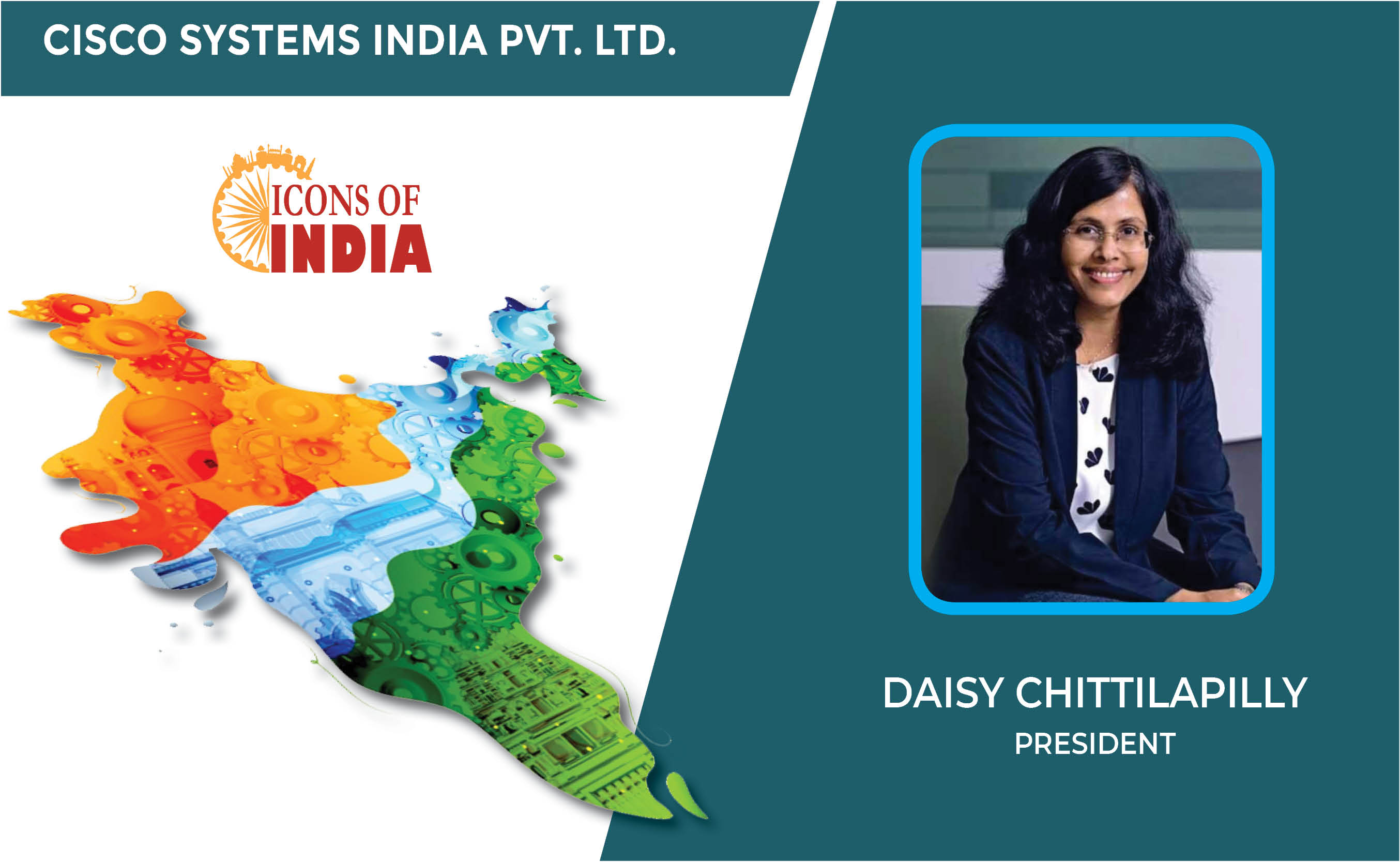
Icons Of India : Daisy Chittilapilly
Daisy Chittilapilly is the President of Cisco’s India and SAARC regi...
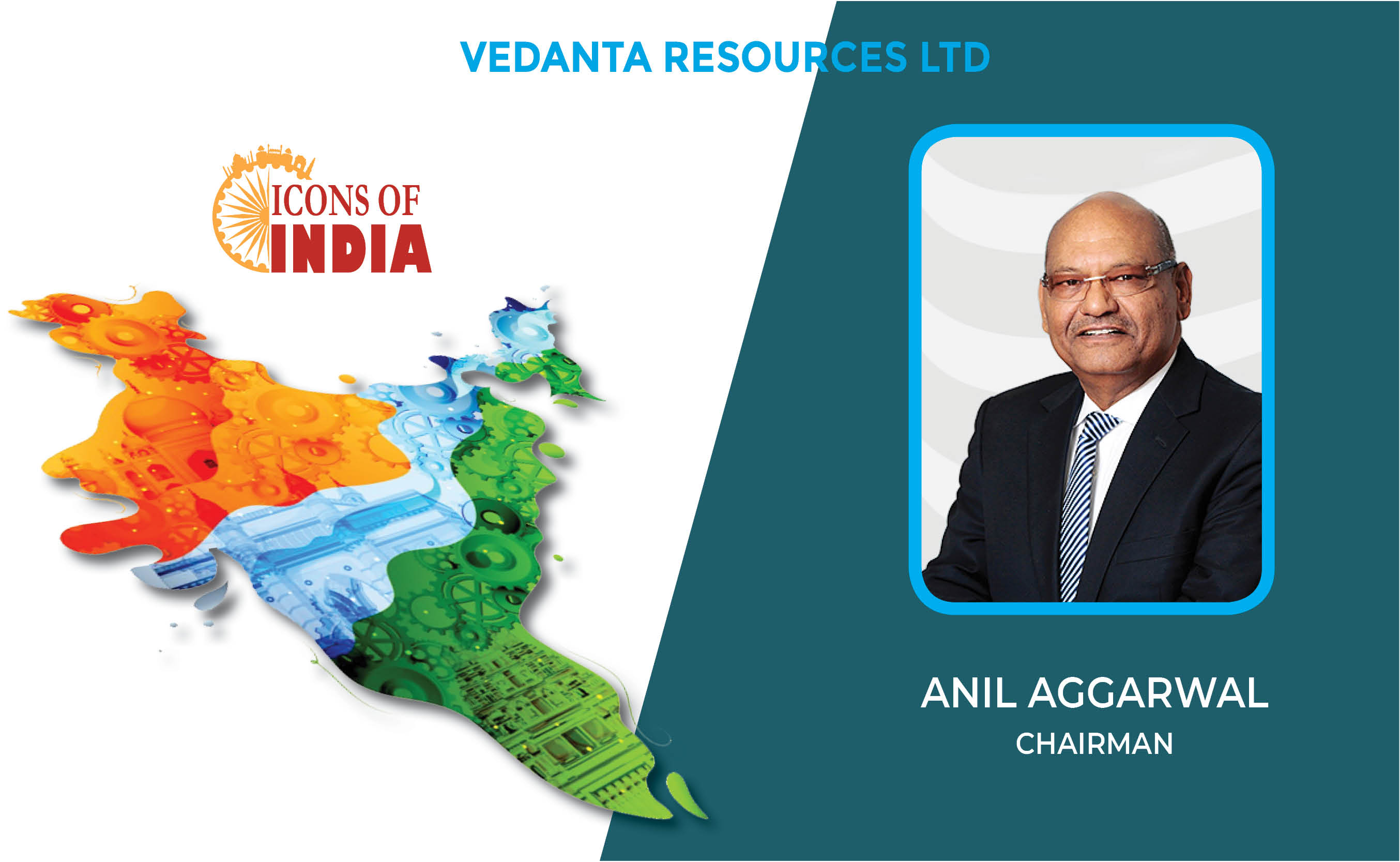
Icons Of India : Anil Agarwal
Anil Agarwal, the Founder and Chairman of Vedanta Resources Ltd., is r...
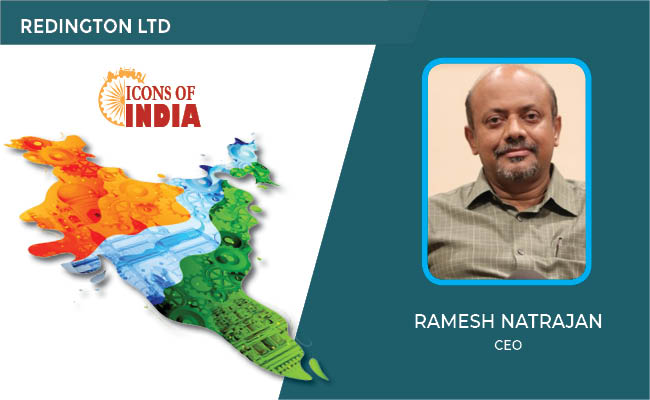
ICONS OF INDIA : RAMESH NATRAJAN
Ramesh Natarajan, CEO of Redington Limited, on overcoming ‘technolog...

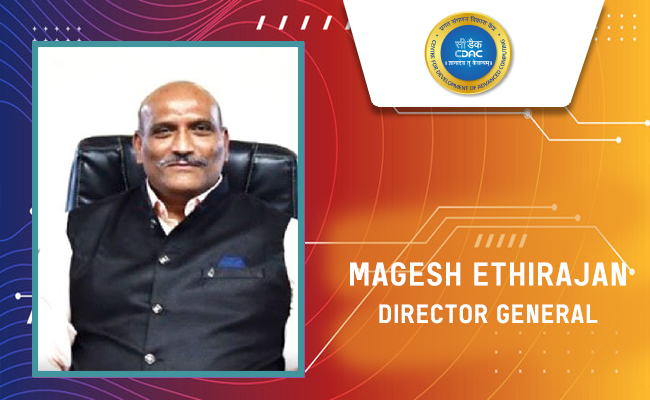
C-DAC - Centre for Development of Advanced Computing
C-DAC is uniquely positioned in the field of advanced computing...
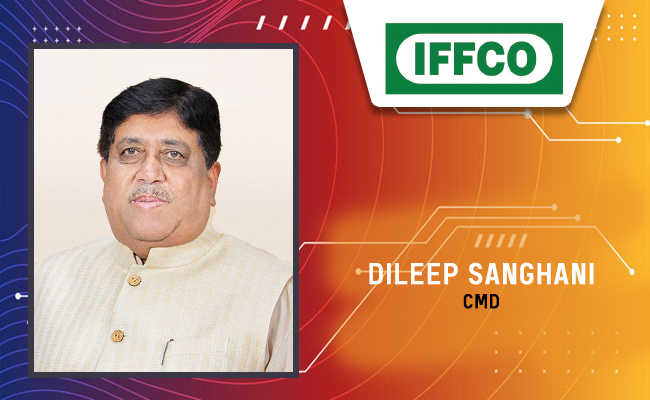
IFFCO - Indian Farmers Fertiliser Cooperative
IFFCO operates as a cooperative society owned and controlled by its fa...

EESL - Energy Efficiency Services Limited
EESL is uniquely positioned in India’s energy sector to address ener...

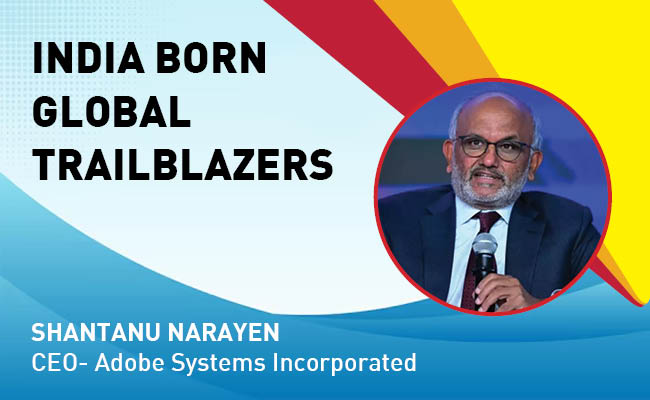
Indian Tech Talent Excelling The Tech World - Shantanu Narayen, CEO- Adobe Systems Incorporated
Shantanu Narayen, CEO of Adobe Systems Incorporated, is renowned for h...
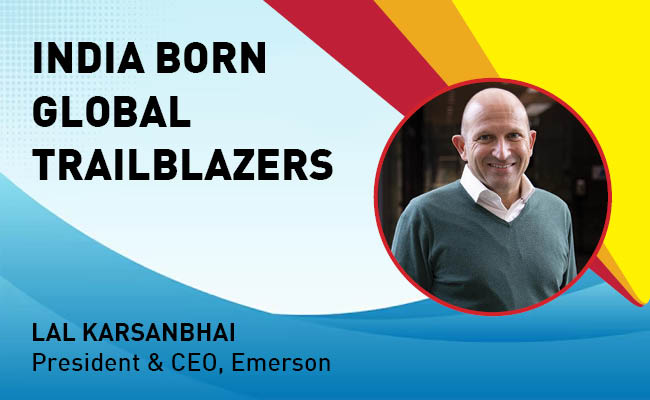
Indian Tech Talent Excelling The Tech World - Lal Karsanbhai, President & CEO, Emerson
Lal Karsanbhai, President and CEO of Emerson, assumed the leadership i...
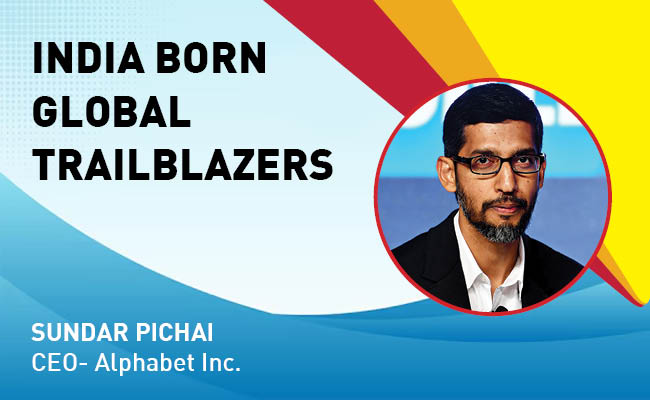
Indian Tech Talent Excelling The Tech World - Sundar Pichai, CEO- Alphabet Inc.
Sundar Pichai, the CEO of Google and its parent company Alphabet Inc.,...
 of images belongs to the respective copyright holders
of images belongs to the respective copyright holders